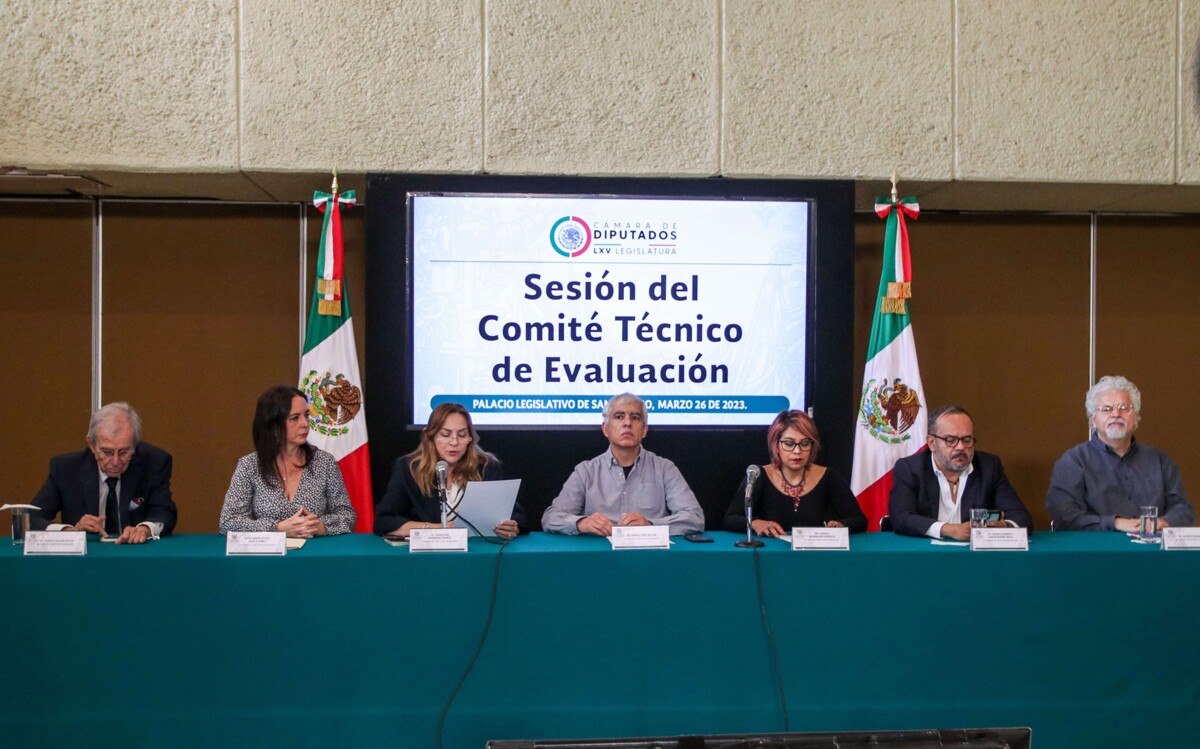
The ruling party is being accused of carrying out a farce with the judicial reform to appoint judges in their favor. This accusation is based on the composition of the Legislative Power Evaluation Committee, where five profiles aligned with Morena and its allies were selected, including prominent figures like Adán Augusto López and Ricardo Monreal, who will have the responsibility of choosing a new generation of judges, magistrates, and ministers.
The candidate selection process includes the formation of Evaluation Committees in the Three Powers of the Union, which will refine the candidate lists for their election. This election will be complex and costly, but in the end, the selected candidates are expected to be invested in their positions. However, it is criticized that this judicial reform will not help validate the intentions of President AMLO and Claudia Sheinbaum.
The reform is seen as an attempt to seize control of the Judiciary to establish an autocracy that endangers the democratic system, the separation of powers, and the current Constitution. It is highlighted that the members of the Evaluation Committee of Congress seem to be closely linked to Morena and its allies, raising doubts about the impartiality of the selection process.
Additionally, the priority given to this reform is questioned instead of allocating resources to address the needs of the most disadvantaged Mexicans. It is noted that executive control over the Judiciary and Legislature could hinder power alternation and criticizes the lack of consideration for the economic stability of the country, which has generated uncertainty among investors and businesses.
Despite the apparent acceptance by a majority of voters, there are sectors of the population, such as taxpayers, who feel disappointed by the government's decisions. There are warnings about the negative effects of presidential policies in terms of devaluation, GDP decline, credit rating degradation, unemployment, and inflation.
It is proposed that the public budget should be allocated more efficiently instead of spending it on costly selection processes, especially in a government facing a complicated economic situation. The selection of candidates for judicial positions has been criticized for its apparent lack of transparency and for the connection of the selected candidates with the ruling party.
In summary, the judicial reform has generated controversy due to the perception of a lack of impartiality in the selection of candidates and the possible concentration of power in the hands of the Executive, which could affect democracy and the stability of the country.














